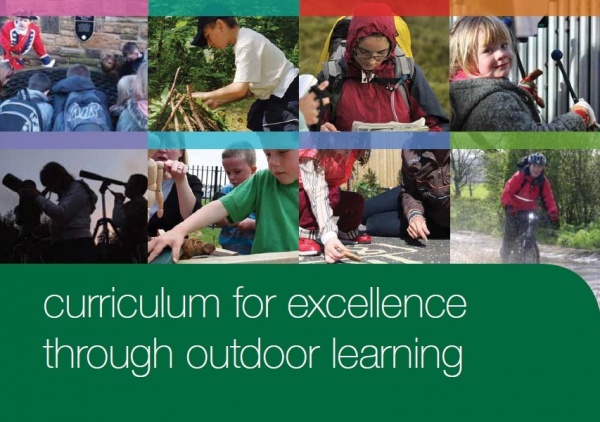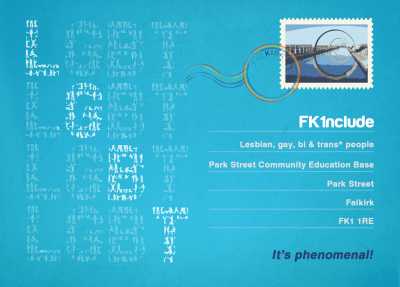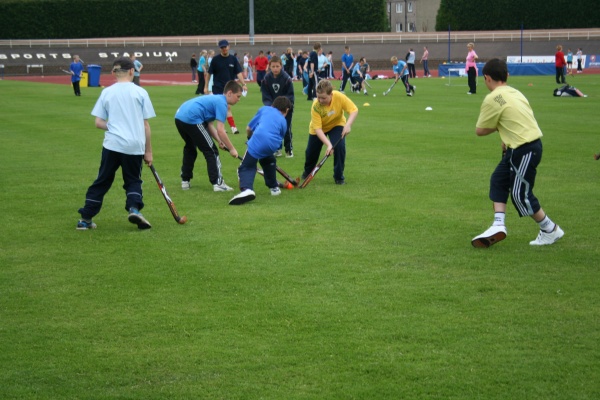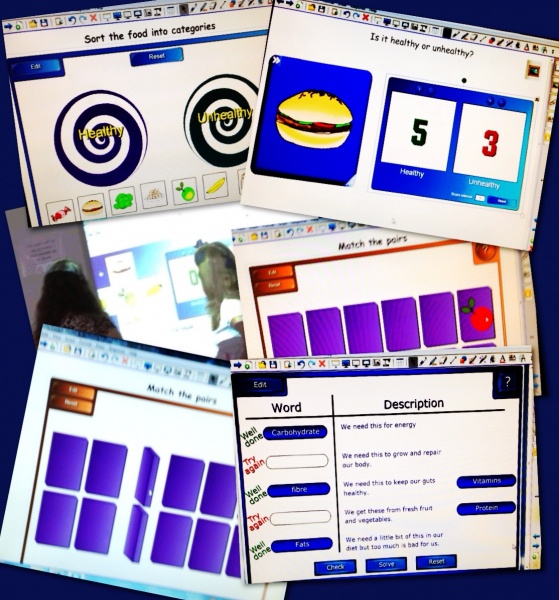 Malcolm Wilson, ICT Curriculum Development Officer in Falkirk Council Education Services Curriculum Support team, organised and supported a hands-on continuing professional development session presented by Anne Forrest of Steljes for staff from primary schools in Falkirk on the use of Smart Notebook software with the Smart Board interactive whiteboard to support active learning in Health and Wellbeing.
Malcolm Wilson, ICT Curriculum Development Officer in Falkirk Council Education Services Curriculum Support team, organised and supported a hands-on continuing professional development session presented by Anne Forrest of Steljes for staff from primary schools in Falkirk on the use of Smart Notebook software with the Smart Board interactive whiteboard to support active learning in Health and Wellbeing.
Anne Forrest guided participants through hands-on use of a host of interactive techniques using Smart Notebook software with the Smart Board which a teacher could use to support learning and teaching in the classroom in health and wellbeing. These included different ways of using tools like the magic pen tool (to zoom in, magnify, spotlight, and fade out annotations), object animations to provide feedback, rub and reveal, move pictures to reveal, hyperlinked objects on images, pulling items to self-correct, matching images within tables, page activity recording. The variety of different gallery items from images to engaging interactive tools such as timers were illustrated in health and wellbeing activity contexts, as well as how to adapt the host of lesson activity toolkit pre-created game-type interactives to any topic. Hands-on use of the resources on the Smartboard by participants illustrated how the activities can be used to help engage pupils in their learning.
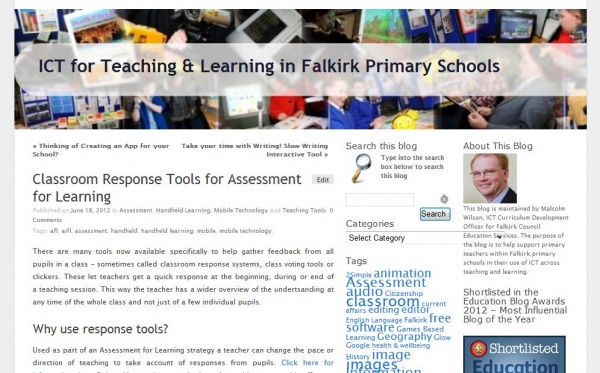 There are also many free pre-created templates and question sets ready to be downloaded and adapted by teachers from Smart Exchange to suit the needs of their own pupils. Click here for the online Smart Exchange site where these can be downloaded.
There are also many free pre-created templates and question sets ready to be downloaded and adapted by teachers from Smart Exchange to suit the needs of their own pupils. Click here for the online Smart Exchange site where these can be downloaded.
Anne Forrest made her resources available to all participants, which can be accessed by clicking here (note that a Glow username and password is required to access these resources).
Feedback from participants included:
“Excellent with clear explanations and practical examples.” HK – Bonnybridge Primary School
“Excellent presenter.” MS – Kinnaird Primary School




